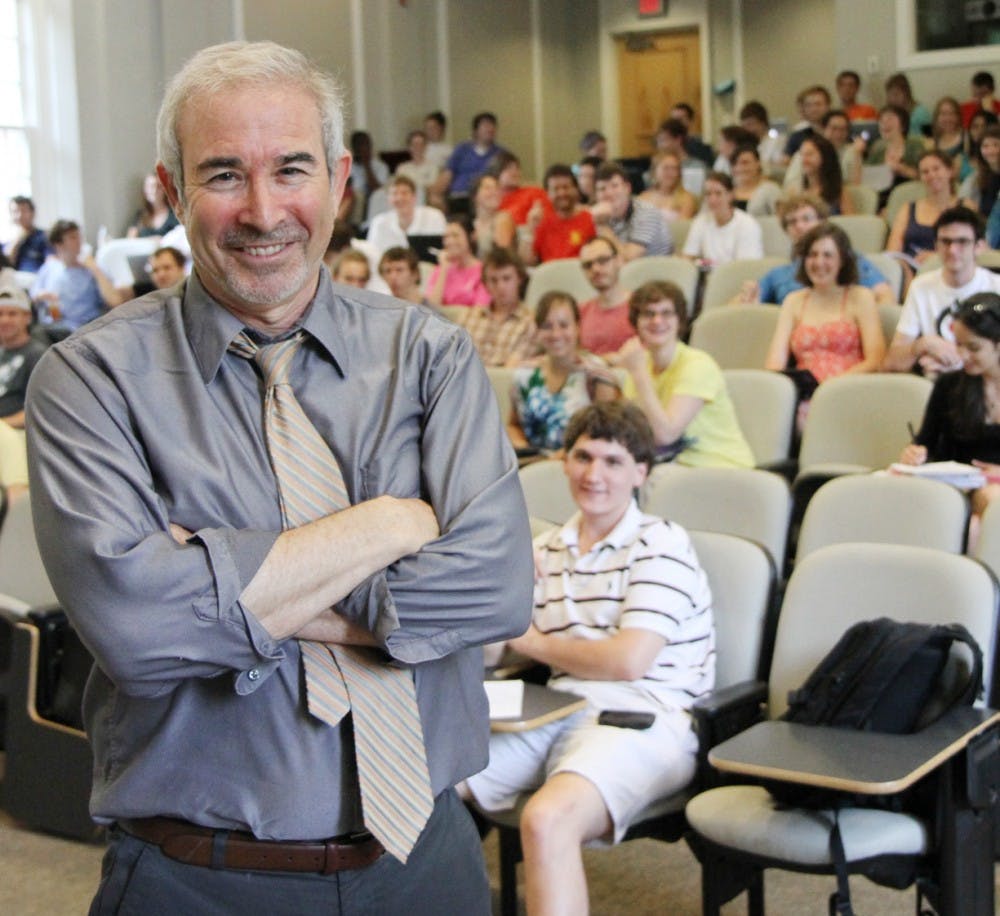With 30 days and the help of nearly 100 UNC students, professor Donald Hornstein was able to help North Carolinians breathe a little easier.
Hornstein and his students prepared a brief supporting North Carolina’s claims that air pollution from Tennessee Valley Authority coal plants was causing harm to the state’s economy and residents.
The brief was meant to be taken to the U.S. Supreme Court as part of the state’s case, but in a historic settlement North Carolina and TVA announced they would compromise without going to court.
The authority, a U.S. government-owned energy company, agreed to immediately implement changes that could transform the way it produces electricity by 2017.
The dispute between the state and the authority began in 2006 when N.C. Attorney General Roy Cooper decided to sue the company, claiming pollutants from four of its plants near the North Carolina border were contaminating the state’s air and causing health problems for its citizens.
Hornstein said pollutants, such as nitrogen oxide and mercury, coming from the authority’s coal-fired plants have damaged much more than the state’s economy and scenery.
Chemical emissions from the four plants have been linked to the early deaths and birth defects of some North Carolinians, he said.
Nearly five years and two court decisions later, Hornstein was asked by officials at the department to write an amicus brief on the case, which would supplement the state’s argument and help convince the Supreme Court to hear its plea.
Hornstein said because the state has to keep a good relationship with the fourth circuit court — which dismissed the state’s case against the authority — he was able to take on issues in his brief the state could not.




